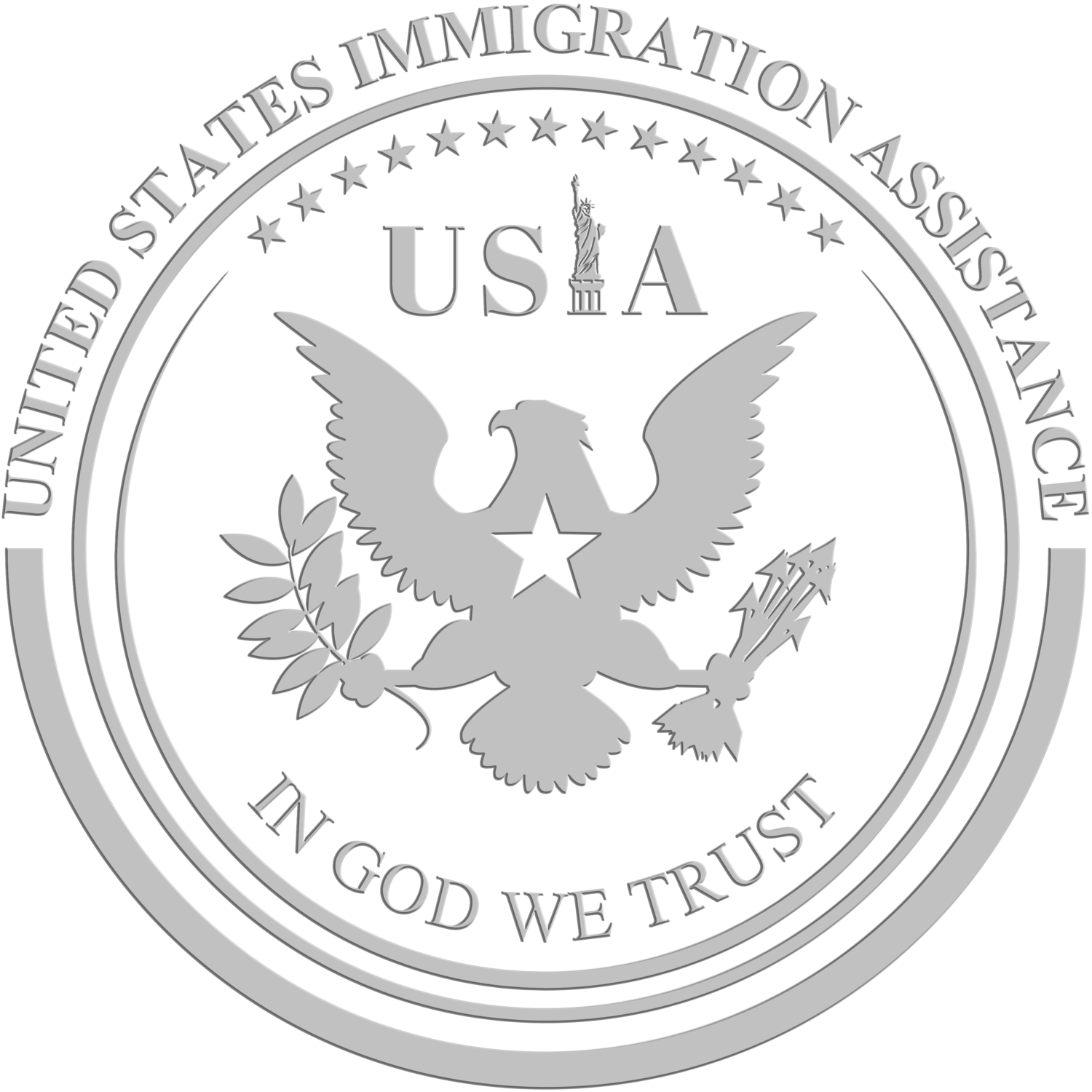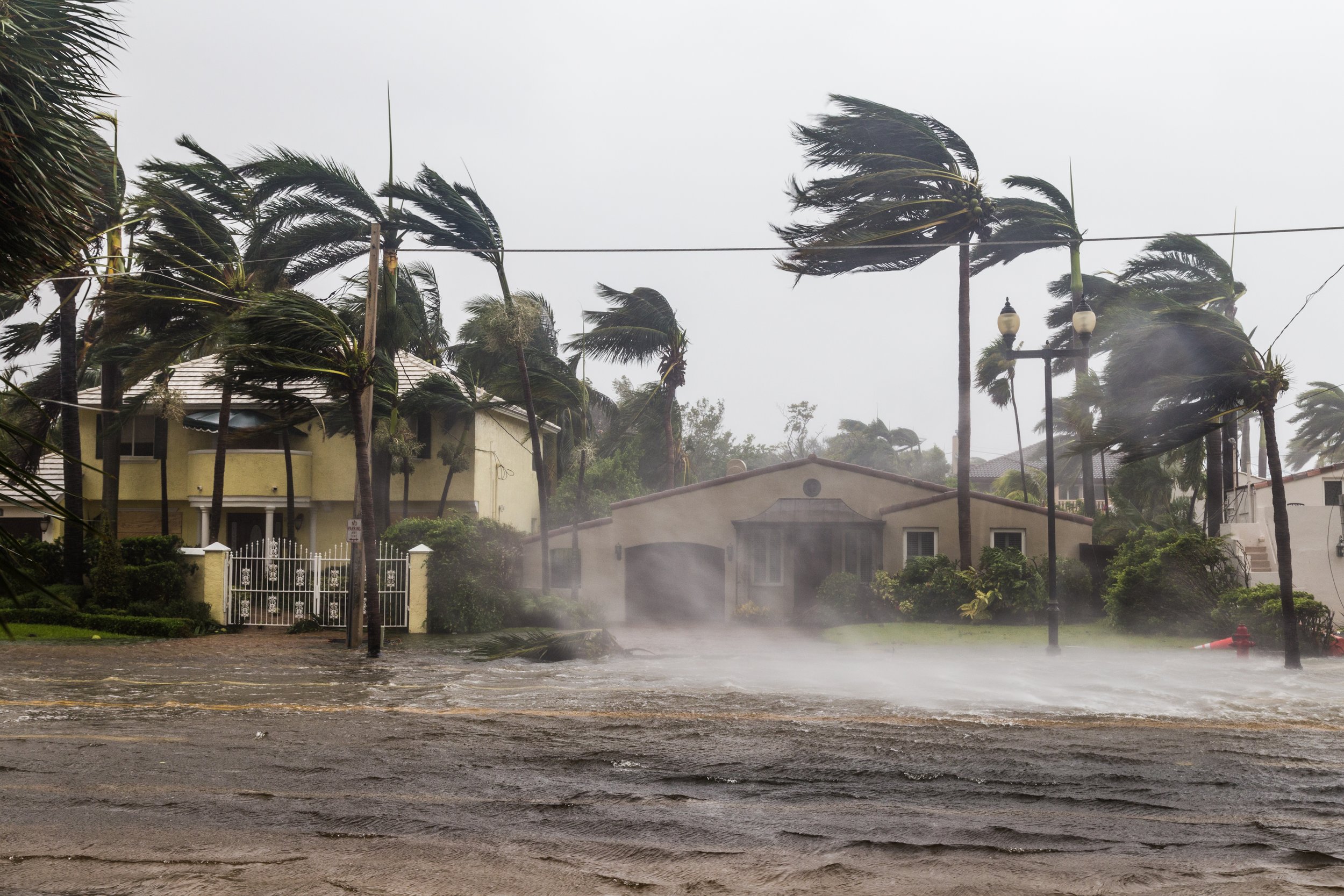How to Prepare for Hurricane Milton: Essential Tips and Safety Recommendations
by Enrique Benites, compiled from different sources
With the entire state of Florida within Hurricane Milton’s cone of uncertainty (potential impact area), taking steps to prepare in advance can make a big difference. Staying calm is crucial for making sound decisions and protecting our families and properties. Below, you'll find detailed guidelines for preparing for the storm, along with important safety tips to follow during and after the hurricane.
Remember the difference between a “watch” and a “warning” for hurricanes, known in English as Hurricane Watch and Hurricane Warning:
Watch (Hurricane Watch): This means that hurricane conditions are possible in your area.
Warning (Hurricane Warning): This is more serious. It means that hurricane conditions are expected in your area.
1. Stay Informed
Information about the hurricane can change quickly, sometimes for the better, but it’s crucial to stay alert in case conditions worsen. Keep informed through reliable news sources and weather apps on your phone to receive the latest updates. Also, make sure to know the websites of your local authorities, for example
Miami-Dade County: Find updates in the section "Miami-Dade County is under a Local State of Emergency declared due to Hurricane Milton" at www.miamidade.gov.
Orange County in Orlando: Storm information is available under "Hurricane & Storm Notice" at www.ocfl.net and in Spanish at espanol.ocfl.net under "Aviso de Tormenta y Huracán."
2. General Preparedness
Be Self-Sufficient: Plan to be self-sufficient for at least three days. Preparing before the storm arrives is key, as stores will become crowded, and supplies will run out quickly.
Check Existing Supplies: If you already have a hurricane kit, review it and remove any items that expire before November 30.
3. How to Build Your Hurricane Kit
If you don’t have a kit yet, here are the essential items you should include:
Water and Storage:
Clean Containers: Store drinking water in clean containers, ensuring one gallon per person per day. A two-week supply per person is recommended.
Gallon-Sized Freezer Bags: Use these to store ice by filling them with water and freezing them a few days before the storm.
Household Bleach: Use unscented bleach to purify water if necessary.
Tools and Supplies:
Basic Tools: Include a hammer, nails, crowbar, screwdrivers, pliers, a battery-powered drill, extra screws, and fasteners.
Duct Tape: Essential for sealing items or making temporary fixes.
Flashlights and Batteries: Have a flashlight for each family member with extra batteries. Avoid storing batteries inside the flashlights between uses.
Solar Lights: Charge them before the storm to use indoors during power outages.
First-Aid Kit: Keep it in a waterproof container.
Cash: Power outages may affect ATMs and card readers, so it’s useful to have some cash on hand.
Food:
Non-Perishable Foods: Stock up on canned meats, vegetables, powdered milk, instant coffee, unsalted nuts, peanut butter, and bottled water.
Pet Supplies: Have a two-week supply of pet food.
Baby Supplies: For families with infants, have ready-made formula and baby food in jars.
Communication and Charging:
Charge Devices: Make sure to fully charge cell phones, laptops, and have portable chargers on hand.
4. Preparing Your Home
Secure Outdoor Items: Move patio furniture and other loose items indoors.
Relocate Vehicles: Park cars in a garage or a secure area.
Trim Trees: Prune trees and shrubs to minimize damage from broken branches.
Board Up Windows: Use plywood or aluminum shutters to protect windows.
Reinforce Doors: Pay special attention to garage doors, reinforcing them with plywood and 2x4 lumber.
5. Safety Tips During and After the Storm
Stay Indoors: If possible, remain inside your home or a safe indoor location.
Conserve Water: Reduce water usage during peak hours (morning and evening) to help manage demand during heavy rainfall.
Keep Manhole Covers Closed: Avoid opening manhole covers during flooding, as this could cause contamination between wastewater and floodwaters.
Avoid Flooded Areas: Never drive or walk through flooded areas, and always respect road barriers. Hidden debris beneath the surface can be dangerous and damage your vehicle. Remember, “Turn around, don’t drown.”
Understand Water Hazards: Just 6 inches of fast-moving water can knock over an adult, while 12 inches can sweep away a small car, and 2 feet can carry away most vehicles.
Stay Away from Downed Power Lines: Contact Florida Power and Light's customer service at (305) 442-8770 to report downed lines, as these can pose a risk of electrocution.
Avoid Stagnant Water: Standing water can become contaminated over time. Avoid playing or remaining in it.
Be Careful with Electrical Appliances: Avoid using electrical appliances if you are wet or standing in water to prevent electrocution.
By following these recommendations and checking the websites of local authorities, you can stay informed and prepared for Hurricane Milton. Stay calm, plan ahead, and stay safe.





